Maybe the political world is divided into a Hobbes-Kropotkin split when judging human nature.
Hobbes thought there would always be shortage of resources so a war of all against all would make life "solitary, poor, nasty, brutish, and short."
Kropotkin said mutual aid between members of a species, including people, would give to life "the possibility of attaining old age and of accumulating experience, the higher intellectual development, and the further growth of sociable habits, secure the maintenance of the species, its extension, and its further progressive evolution."
If you see people as Hobbes does, a lot of laws and force are needed to reign in the anarchy.
If you see people as Kropotkin does, society needs to leave people alone and things will be all right.
I loved reading the Leviathan. That old-time English warms me. And it has been a while, but what I remember is a curious journey from Adam to monarchy and why God led in that way.
Mutual Aid, though, seems to better describe the world I see.
And the Bible seems to be more of a warning against monarchy to me than an endorsement.
"When Adam wove and Eve span, where was then the Gentleman?" This would be a starting point for me and then the warnings of Samuel, "If you take a king, he'll take your sons and make them drive war chariots, take your daughters and make them make perfume, take your land, take your money." And then, of course, Jesus. The Sermon on the Mount. The pun on "legion" for the swine being driven off the cliff.
I know people often do awful, nasty things to each other. But I think society engineers much of that evil. Racism, for instance. Slavery had to be enforced by laws and force. After slavery was gone, it took Jim Crow Laws and Anti-miscegenation laws to keep races apart.
Little kids play with each other without noticing race. And without laws, romance comes along without much concern for racial differences.
Distribution of wealth would be much more nearly equal if laws did not support the protection of accumulation of wealth with corporations, inheritance laws, and the like.
Most crime that I see comes from poverty or at least inequality of wealth that causes envy.
Inmates who are completely incapable of functioning in society seem to have no trouble organizing and running in an orderly manner 12-step meetings, Big Book and all.
I have probably gotten to know people in jail about as well as I know people out of jail: there really isn't much difference.
Sunday, April 20, 2008
Subscribe to:
Post Comments (Atom)
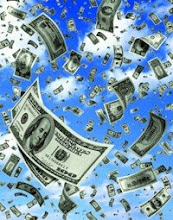
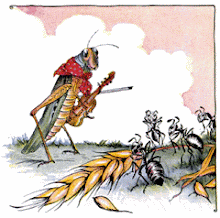








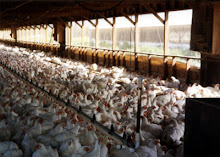





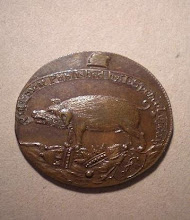









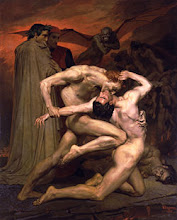_-_Dante_And_Virgil_In_Hell_(1850).jpg)



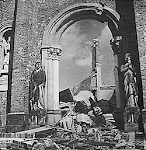







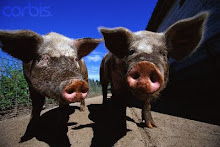



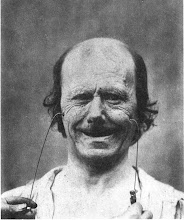
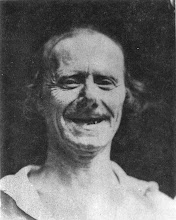


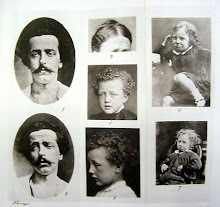





















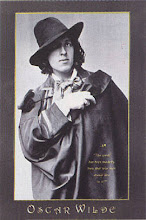
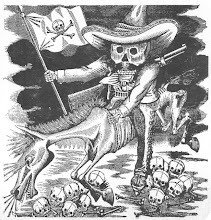












5 comments:
I have always been amazed by how intellegent some inmates are - they know their world and know it well -
so many of them know more about the habeas process than judges - how did they learn? necessity -
someday we will understand the true meaning of redemption and provide many of these people a second chance
Mr.Stapleton,
The ChesterBelloc Mandate is an interesting site. Thanks for the link.
ML
When Adam Delved and Eve Span, Who Was Then the Gentleman, eh?
That was the question John Ball and his followers were asking in the late 14thc. It’s a pretty pithy attack on hereditary privilege. If we are all equally sons of Adam or daughters of Eve, how do some of us get the hereditary right to lord it over the others?
As it turns out, the other side had an answer. You don’t get to stay at the top of the social pyramid by sticking your fingers in your ears and saying “Lalalala I can’t hear you”. The argument is laid out in a fairly coherent form in the Book of Saint Albans.
However, even without refuting the Book of Saint Albans’ version of Genesis, there are limits to the hereditary elitist argument. The Book of Saint Albans itself warns that gentle birth is at best a necessary but not sufficient condition for gentilesse. Cain and Ham are horrible examples of men of gentle birth who lost gentilesse because of their base actions.
Chaucer goes further at the end of the Wife of Bath’s Tale and in his own voice in the poem Gentilesse. Christ’s redemption trumps Old Testament curses and pride in distinguished ancestors. Gentilesse comes not from them, but ultimately from him. Gentle is as gentle does.
feed em fish heads.
Sensei,
I want you to compare this post to the words adorning the The ChesterBelloc Mandate site that ML and I have aquired such an afinity for.
"People differ in capacity, skill, health, strength; and unequal fortune is a necessary result of unequal condition. Such inequality is far from being disadvantageous either to individuals or to the community -Pope Leo XIII"
Fascinating contrast.
K
Thank your comments.
I don't doubt inequality either in ability or in fortune. I have not recently entered any foot races.
I'll read Mutual Aid again and see what Kropotkin says about individual inequality. Kropotkin was an aristocrat and no doubt had a keen sense of his own advantages in fortune. However, I don't think a measure of inequality among individuals lessens the advantages to everyone when natural tendencies toward mutual aid are allowed to ply themselves out.
I glad you like ChesterBelloc. Some of those writers have thought longer and more deeply about these subjects than I have. Imagine that.
Post a Comment